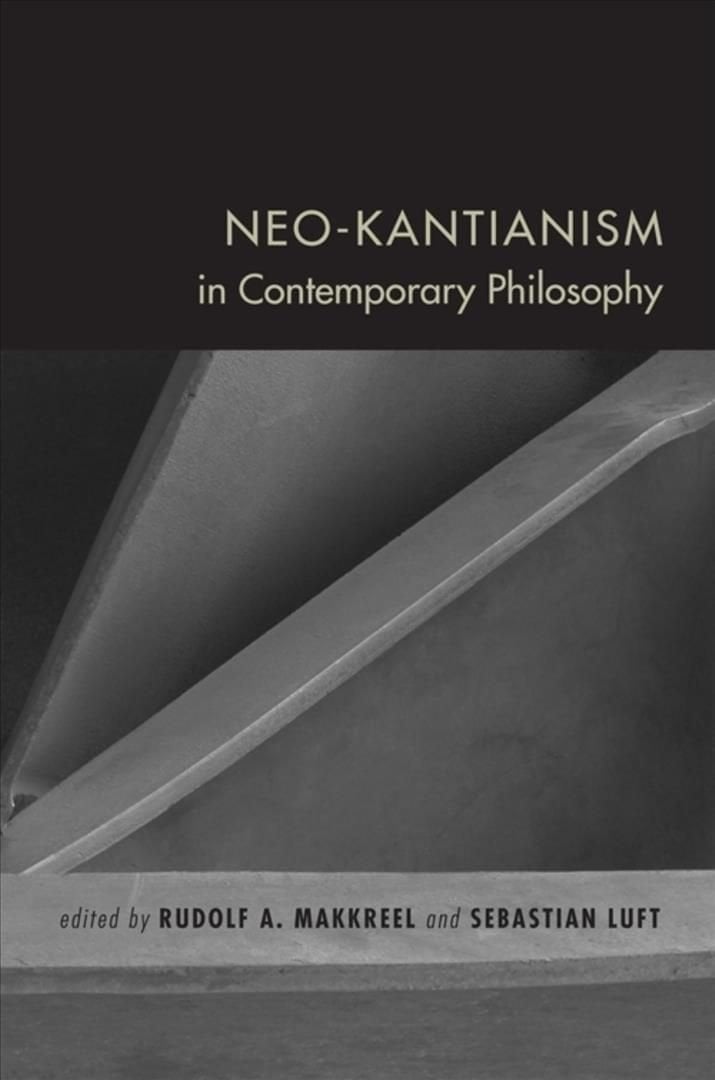Education policy is premised on its instrumentalist approach. This instrumentalism is based on narrow assumptions concerning people (the subject), decision-making (power), problem-solving (science and methodology), and knowledge (epistemology). Policy, Geophilosophy, and Education reconceptualises the object, and hence, the objectives, of education policy. Specifically, the book illustrates how education policy positions and constitutes objects and subjects through emergent policy arrangements that simultaneously influence how policy is sensed, embodied, and enacted. The book examines the disciplinary and multi-disciplinary approaches to education policy analysis over the last sixty years, and reveals how policy analysis constitutes the ontologies and epistemologies of policy. In order to reconceptualise policy, Policy, Geophilosophy, and Education uses ideas of spatiality, affect and problematization from the disciplines of geography and philosophy. The book problematizes case-vignettes to illustrate the complex and often paradoxical relations between neo-liberal education policy equity, and educational inequalities produced in the representational registers of race and ethnicity.












